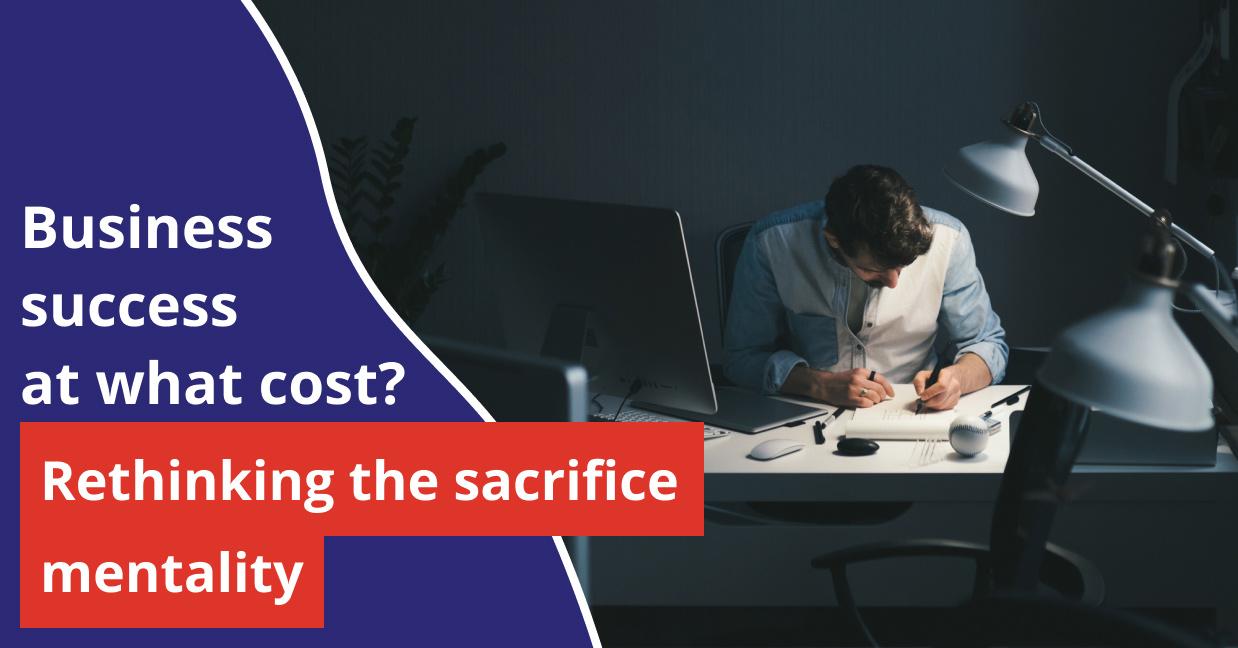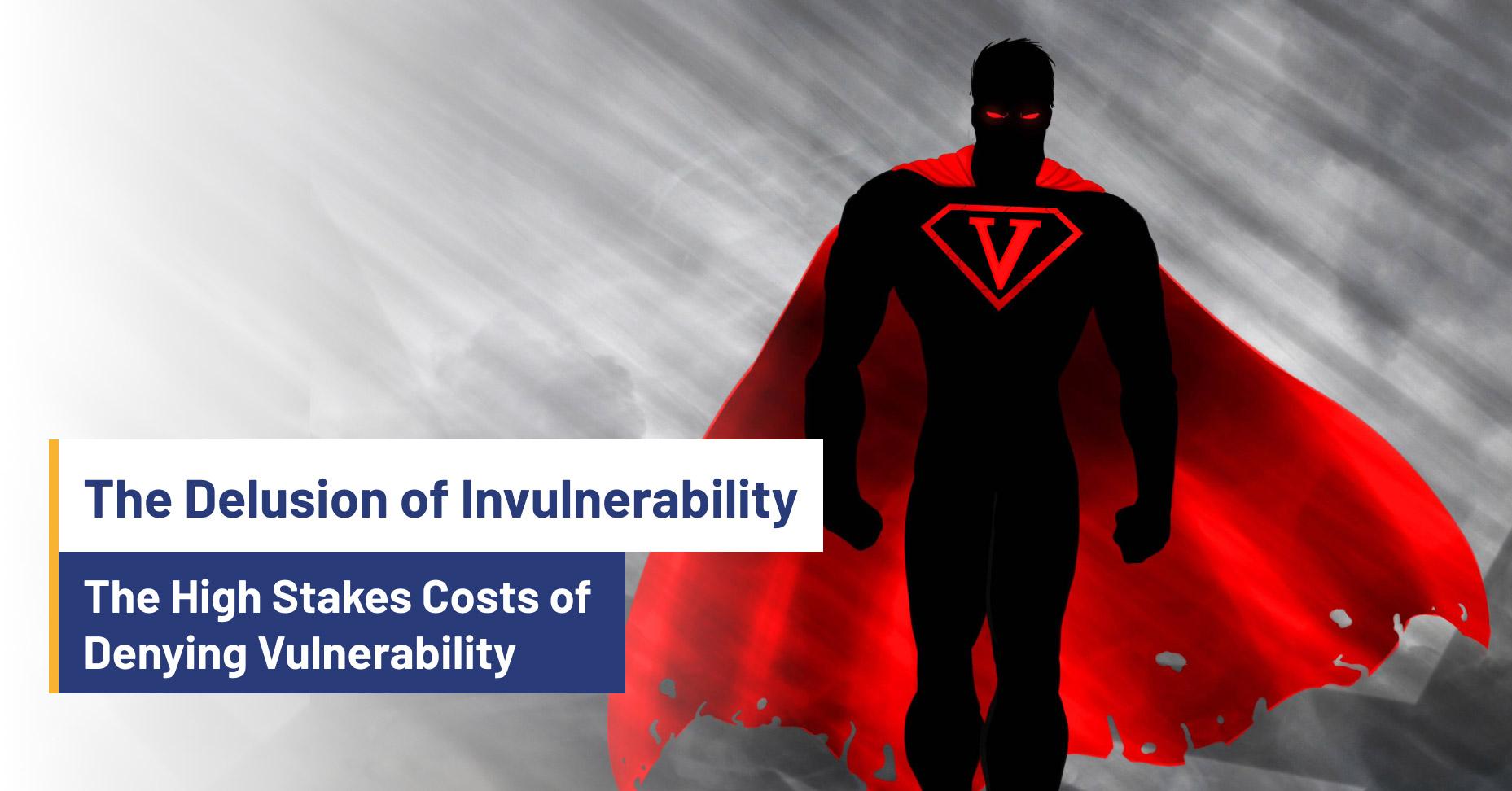As technical professionals, we predominantly focus on developing and utilising our technical skills. But what about cultivating the human side of who we are and how we are being beyond our professional identity? This article will show you how accepting and becoming aware of these factors can lead to healthier relationships with others and yourself.
Investigations at the large-scale engineering and technical project level have shown that the root causes of many technical failures in high-tech and engineering organisations are human factors. To be highly effective requires going beyond the technical and surface behavioural factors. These factors shouldn’t be ignored; rather, they should be used as the basis and limitation of who we are and how we can be. Beyond any form of identity that we accumulate and possess in our lifetime, there is so much more depth to who we are and how we can be that contributes to our wellbeing, effectiveness and contribution to the world, and how we impact relationships, teams, organisations, the wider society and the environment.
Over the past ten years, I have worked with hundreds of project managers and engineers who want to be more effective in leading both themselves and other people in challenging situations to be effective and contribute in meaningful ways while maintaining high wellbeing. Compared to many other professions, the overdominance of a part of the brain traditionally known as the 'left brain' often gets in the way of developing the emotional and social competencies required for effectiveness in technical professionals. Research shows that this overdominance suppresses the brain's emotional centres that inhibit the effective development of social and emotional competencies. This inhibition can contribute to us neglecting to work on the human side of who we are and how we are being and a reduction in our effectiveness to lead ourselves and others. It can also interfere with our ability to manage complex projects and the myriad of challenges that come with it.
How the human factors enhance your wellbeing and effectiveness as a technology professional
Throughout my life working as an engineer, a researcher and an academic, I’ve experienced the myriad of challenges we face as complex human beings. The human factors are not paid enough attention to in the traditional education system for technical fields. The depth of work required to enhance our wellbeing and effectiveness and propel us towards making a positive contribution to others and the world is often lacking. Some key factors supporting this include:
1) Being aware and conscious of yourself in terms of how you are influenced, how you influence your environment and others, and being grounded and present to your current experience. This enhances and heightens your awareness of what is happening both internally (how you are feeling and functioning) and externally (how others are feeling and functioning). This heightened sense of awareness allows you to become more aware of your thoughts and emotions and guide yourself towards what you want to achieve, irrespective of the ‘story in your head’ and the moods and emotions you experience. You realise a new level of agency and autonomy where you can engage in effective behaviour regardless of the overwhelming negative emotions you may experience at any point in time.
2) Being with commonly perceived ‘negative’ moods and emotions. Some common experiences are fear and anxiety in the face of uncertainty and challenges. Take the example of an impending deadline or a heated conversation with a colleague. Instead of seeking distraction or escape from these ‘negative emotions’, lean into them and allow them to be. In the Being Framework™, this is called having a healthy relationship with fear or anxiety, two of the four Moods identified in the framework. These Moods should be regarded as something to embrace, not avoid, while not allowing them to run your life or disempower you from dealing with situations more effectively. You may have heard the saying, ‘feel the fear and do it anyway’ coined by the American psychologist Susan Jeffers. This saying embodies what it looks like to have a healthy relationship with fear. It’s when you can step forward and take appropriate action despite the presence of fear. The natural tendency for us humans is to either flee from a fear-inducing situation or seek distraction from it. This happens when we don’t have a healthy relationship with fear and instead allow this Mood to run our lives and stop us from doing what is important and meaningful. The better alternative is to face the situation and embrace the natural human emotions of fear and anxiety that commonly arise in challenging circumstances without letting those Moods stand in your way.
Practical ways to remain calm and focused in a challenging situation
Many of the engineers and project managers who engage in my personal development and leadership programs take this cultivation of awareness beyond the course and see tangible benefits in their personal and professional lives. Below are some practical ways to assist you to stay calm and focused when faced with a challenging situation.
- Find a safe space, and if you can, remove distractions from this space, including your phone, radio, TV, and social interaction. Note that removing distractions is not essential as the practice is about accepting whatever is happening without resistance.
- Sit comfortably on a chair with your feet on the ground and back straight.
- Begin to pay attention to your breathing, noticing the sensation of the inhalation and exhalation of your breath. Continue paying attention to your breathing and the physical sensation of the breath through your nostrils and upper lip.
- Slowly bring your attention inside your body by becoming aware of the rising and falling of your chest and belly.
- Continue this practice for several minutes or as long as you like.
- If you notice thoughts and emotions arising, simply observe and acknowledge them, before gently returning your attention to the breath.
This simple practice will enhance your awareness and focus, enabling you to manage your thoughts and emotions more effectively. It is a powerful tool for leading yourself, especially in times of stress and anxiety. Begin to do this, and you will soon find yourself being more grounded and in a better space to handle any challenge that lies ahead.












